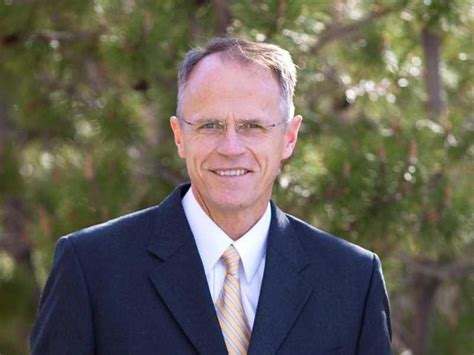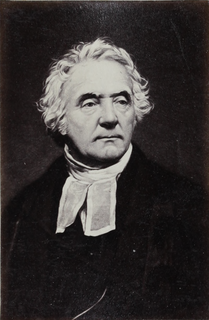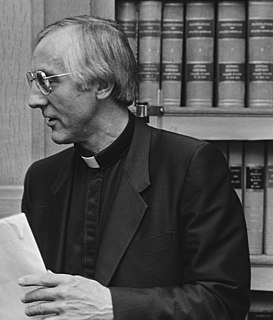A Quote by Albert Camus
The human heart has a tiresome tendency to label as fate only what crushes it. But happiness likewise, in its way, is without reason, since it is inevitable.
Related Quotes
Fate is a misplaced retreat. Many people rationalize an unexplained event as fate and shrug their shoulders when it occurs. But that is not what fate is. The world operates as a series of circles that are invisible, for they extend to the upper air. Fate is where these circles cut to earth. Since we cannot see them, do not know their content, and have no sense of their width, it is impossible to predict when these cuts will slice into our reality. When this happens, we call it fate. Fate is not a chance event but one that is inevitable, we are simply blind to its nature and time.
Courtesy is doing that which nothing under the sun makes you do but human kindness. Courtesy springs from the heart; if the mind prompts the action, there is a reason; if there be a reason, it is not courtesy, for courtesy has no reason. Courtesy is good will, and good will is prompted by the heart full of love to be kind. Only the generous man is truly courteous. He gives freely without a thought of receiving anything in return.
It is obvious that the most despotic forms of social organization would be suitable for inert men who are satisfied with the situation fate has placed them in, and that the most abstract form of democratic theory would be practicable among sages guided only by their reason. The only problem is to what degree it is possible to excite or to contain the passions without endangering public happiness.
Some people will follow their minds without listening to their hearts, and others will follow their hearts without listening to their minds. This is why reason exists, for there to be balance between the heart and mind. We were not meant to follow the mind and ignore the heart. Instead, we were meant to follow the heart over the mind, but without completely abandoning logic. The middle way is the preferred way, and this path simply means to allow your heart to drive you, but do not forget to balance reason with your conscience.
[The church] is in its major part an opponent still of progress and improvement in all the ways that diminish suffering in the world, because it has chosen to label as morality a certain narrow set of rules of conduct which have nothing to do with human happiness; and when you say that this or that ought to be done because it would make for human happiness, they think that has nothing to do with the matter at all. "What has human happiness to do with morals? The object of morals is not to make people happy.
Such is the grasping tendency of the human heart, that it must have a something to lay hold of - and which, if wrested away without the substitution of another something in its place, would leave a void and a vacancy as painful to the mind, as hunger is to the natural system.... The heart must have something to cling to.
We canot become nonviolent on the basis of intellectual conviction. Commitment to nonviolence demands a very profound conversion of mind and heart. If we take the time to pray with Jesus, we too will be converted in mind and heart. It won?t work if we try to reason it out. The only way is through a change of heart, a coming into a way of being that is the way of Jesus.
Free will appears unfettered, deliberate; it is boundlessly free, wandering, the spirit. But fate is a necessity; unless we believe that world history is a dream-error, the unspeakable sorrows of mankind fantasies, and that we ourselves are but the toys of our fantasies. Fate is the boundless force of opposition against free will. Free will without fate is just as unthinkable as spirit without reality, good without evil. Only antithesis creates the quality.








































